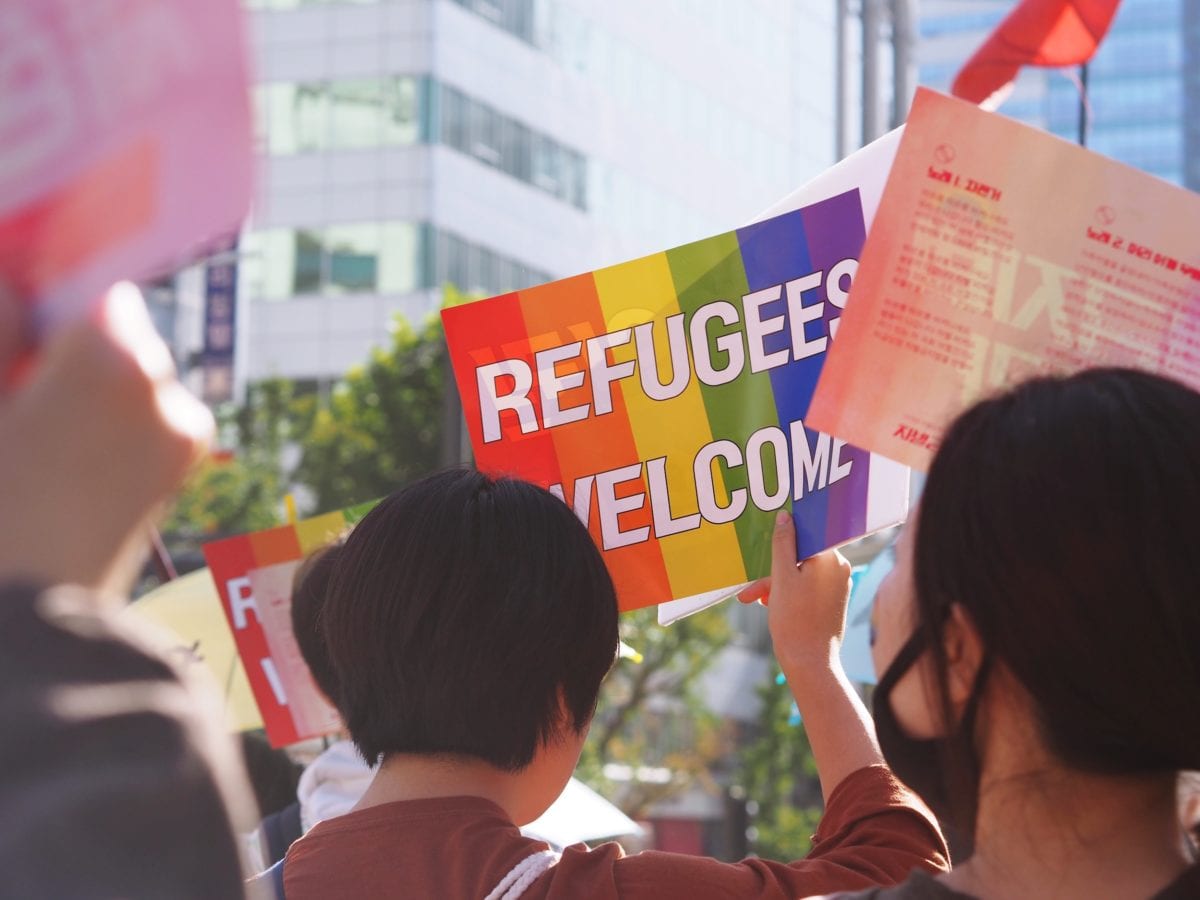
Read if you’re thinking about tackling the sensitive topic of refugees with your pupils…
The recent Get Up and Goals event in Vienna brought together 60 people from our 12 EU project countries. One focus was finding out about how countries work to integrate refugees as well as examining the work of charities on how they support refugees. The aim was to integrate this increased understanding into the development of lesson resources to support teachers delivering lessons on migration.
World Refugee Day – June 20th 2019
This fits in well with World Refugee Day being held in the UK on June 20th, this is an international day that takes place every year across the world.
In the UK, Refugee Week is a programme of arts, cultural and educational events that celebrate the contribution of refugees to the UK, and encourages a better understanding between communities. Refugee Week started in 1998 as a direct reaction to hostility in the media and society in general towards refugees and asylum seekers.
In the Netherlands they have a new process to help teenagers understand the challenges of migration from a government point of view. The staff working in the Directorate – General for Migration (who have responsibility for setting rules around the admittance, reception, residence and return of migrants) go into schools and deliver guest lectures. The aim is to show students that migration is of all times and that there are a lot of reasons for migration. The visiting lectures explain the work they do and the day-to-day dilemmas they face. They encourage open discussions on the topic and are open to all opinions without judging. They then try to get the groups to explore their ideas in a reflective and open manner.
How could this approach help us in the UK?
This method of learning could be really useful in the British context where gaining a better understanding of the challenges and decisions that a government in power must make would engage young people in the reality of political decision making today.
How does Ireland look after Refugees?
We also learnt about the Irish ‘direct provision system’. This approach was established in 2000 as a means of meeting the basic needs of asylum seekers until their claims for refugee status are processed. This system has been criticised by many and media misreporting has often contributed to mis-information in the public and a climate of hostility towards these vulnerable asylum seekers (many of whom are young). It’s described by any as a ‘broken system’ in urgent need of reform.
In a global learning education project developed in Southern Ireland they have given the young people who live in direct provision an opportunity to have a voice and share their experiences through developing podcasts. These are then used as part of a series of lessons which incorporate well known global learning techniques such as active learning, critical thinking and personal reflection. This helps to engage young Irish teenagers with what it’s really like to be a young refugee and consequently aims to reduce the climate of hostility in some of the towns that host the direct provision centres.
How could this approach help us in the UK?
Returning to the UK and thinking about this project developing teaching and learning units it is important that we share real stories and case studies with young people so they can truly empathise with the issue and understand that many countries have to consider who to look after migrants so that as the SDGs state ‘no one is left behind’.
If you would like to use a series of lessons that helps young people understand both economic migration and asylum seekers visit the Migration section on this website to download your free resources today!
